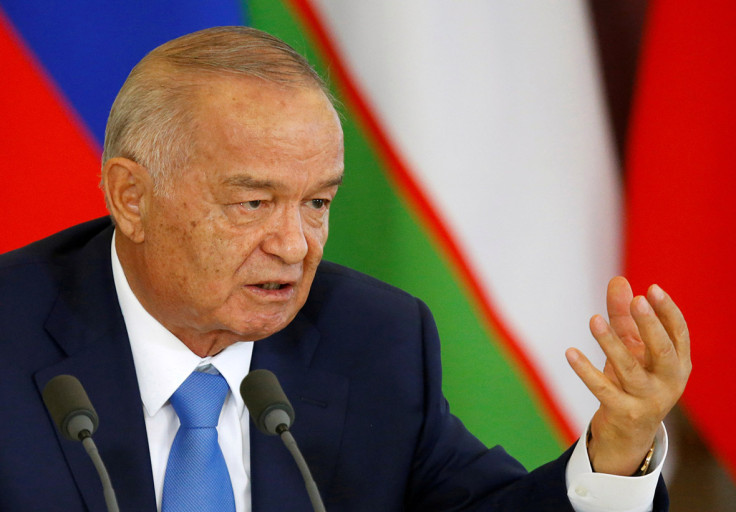Uzbekistan is a breeding ground for Islamist terrorism thanks to its self-fulfilling prophecy
Told it was either Islam Karimov or the fundamentalists, a number of Uzbeks concluded the fundamentalists weren't so bad.
Sayfullo Saipov, the 29-year-old Islamist who murdered eight people on the streets of Manhattan, is the latest in a long line of Uzbek terrorists. The Stockholm truck killer, the St Petersburg Metro bomber, the Istanbul airport attacker – all were of that handsome Turkic race. Some 1,500 Uzbeks went to fight for the Islamic State in Syria and Iraq, proportionately a huge number.
While some – including Saipov himself – were radicalised outside that country, something is plainly going on. Why should a post-Soviet state, remote from the violent flashpoints of the Middle East, whose poor and cowed people are rarely able to travel abroad, be generating so many jihadis?
I know Uzbekistan a little, having for a while been on the European Parliament's Central Asia committee. It is a notionally Muslim nation, in which religion – like pretty well everything else – is heavily controlled by the government. If you want to see what the USSR was like, go to modern Uzbekistan, a one-party state that is paranoid about the outside world, cracks down on dissent and represses religion.
Islam Karimov, the strongman who happened to be in charge of the Uzbek Soviet Socialist Republic when the Soviet Union broke up, ruled the new nation from its inception until his death last year, presiding over a degree of brutality that shocked his neighbours. When George W Bush declared the war on terror, Karimov spotted his opportunity, declaring himself an ally of the West and allowing Nato to use his territory for operations in Afghanistan. Every opponent of his regime was designated an Islamist, giving him an effectively free hand against dissidents.
In reality, political Islam barely existed in Uzbekistan. Even before the Russians came, religious observance in the region had been fitful and perfunctory. Arab visitors to the Silk Road Khanates were shocked to see locals drinking alcohol and ignoring prayer-times. Seventy years of Soviet atheism stamped out whatever embers of faith still glowed.
By the 1990s, Uzbekistan felt more like a museum of Islam than a living Muslim nation. There were gorgeous madrassas and mosques, but no beards or headscarves. The minarets rose from the steppes; but no muezzin's voice carried across the hot breeze.

Had Uzbekistan embraced political pluralism, Islamism would never have had its opening. But that's not how things worked out. By portraying himself as the only alternative to the jihadis, Karimov eventually created the thing he claimed to be against. Repeatedly told that it was either Karimov or the fundamentalists, a number of Uzbeks concluded that perhaps the fundamentalists weren't so bad.
The same phenomenon could be seen following the Arab Spring, when many voters lurched toward Islamism as a reaction against long years of secular dictatorship. Where democracy was allowed to take its course, as in Tunisia, the spasm passed, and the "Islamists" were soon behaving like European Christian Democrats – that is, as democratic parties which combined religious values with a sincere commitment to pluralism. Where it wasn't, as in Egypt, the hatred and violence continued.
You might think this is easy enough to say with hindsight, but it was predictable – and predicted – in advance. Here, for example, is what I wrote about the Karimov tyranny when I first visited Uzbekistan in 2003.
Official persecution could give the fundamentalists their first opening in the region. Ordinary Uzbeks, constantly told that all opponents of the regime are Islamic radicals, are understandably wondering whether there might not be something in this ideology. President Karimov's contention that he is besieged by Muslim extremists will eventually prove self-fulfilling. The Islamists could easily be defeated: economic reforms, private property and free elections would see to that. Instead, we are leaving them as the only genuine alternative to a hated regime. We made the same mistake in Iran, and seem bent on repeating it in Saudi Arabia. Will we never learn?
Evidently not.




















